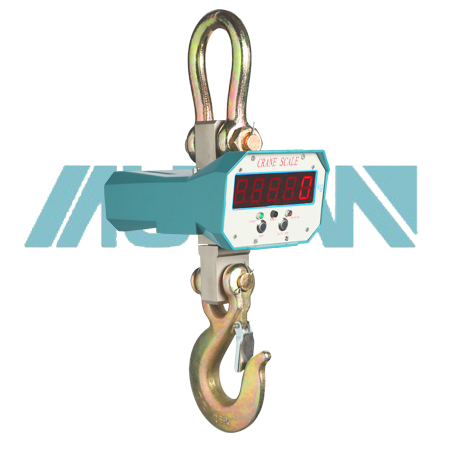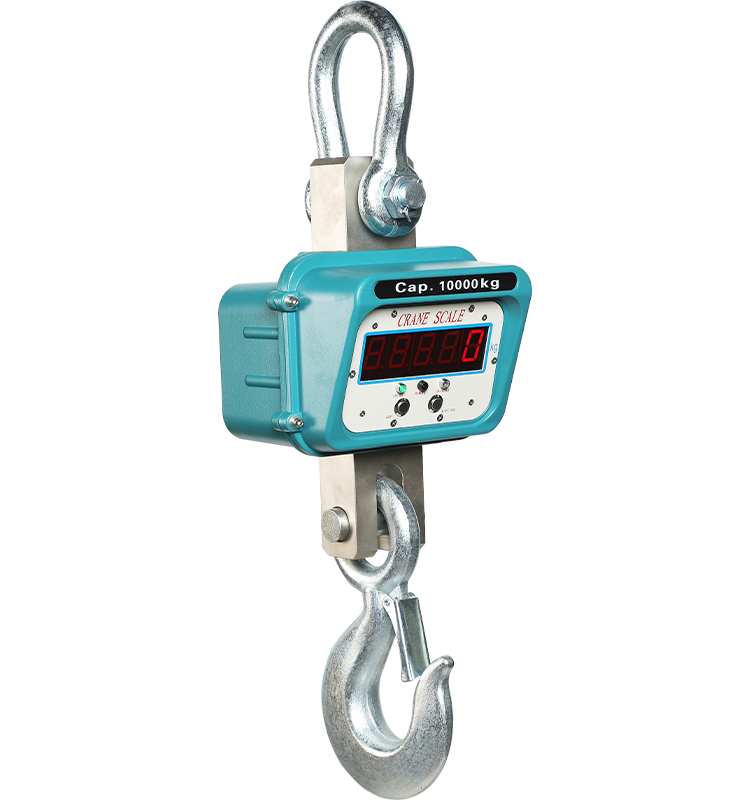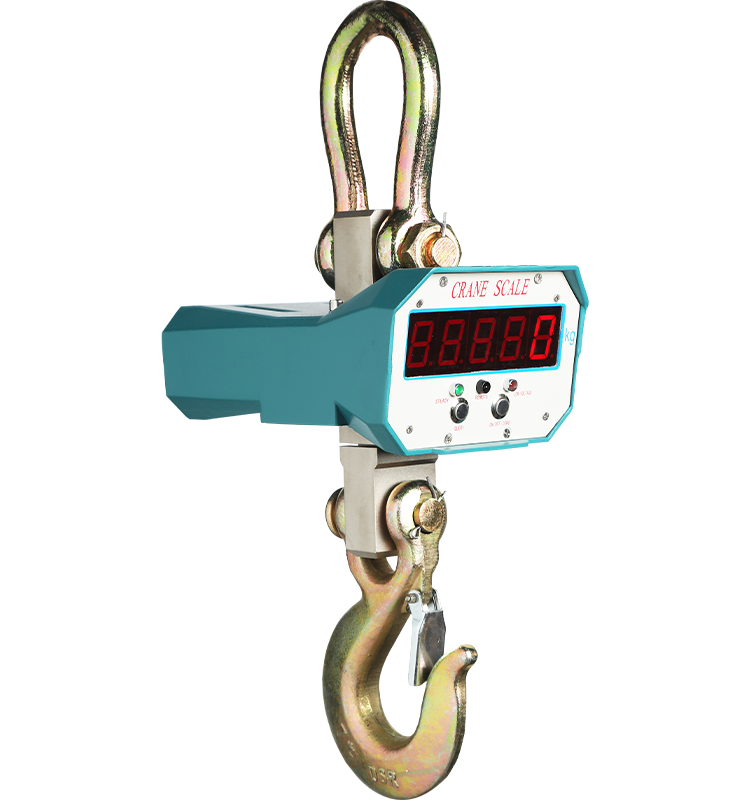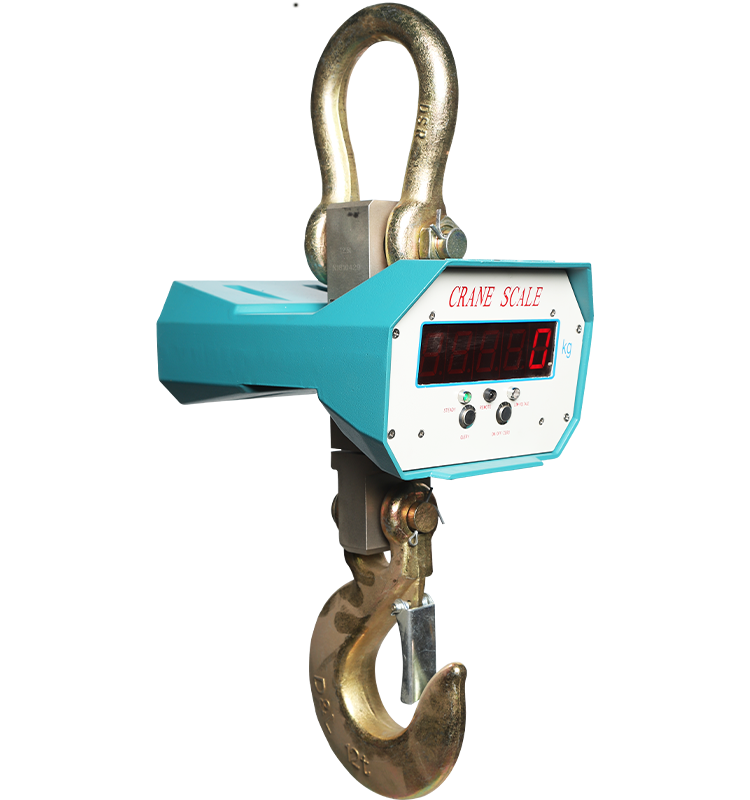 中文版
中文版



Welcome to contact us by phone:0086-0312-7969888
The main job of an electronic lifting scale is to accurately measure and display the weight of a load during lifting or material handling operations. These scales are specifically designed to be integrated with lifting equipment, such as cranes, hoists, or other lifting devices, allowing for real-time weight monitoring. Here are the primary functions and purposes of electronic lifting scales:
Accurate Weight Measurement:
The fundamental function of an electronic lifting scale is to provide precise and accurate weight measurements of the load being lifted. This is crucial for various industries where knowing the exact weight of materials is essential for safety, compliance, and operational efficiency.
Real-time Monitoring:
Electronic lifting scales offer real-time monitoring of the weight as the load is lifted. This allows operators to track changes in weight and make adjustments during the lifting process.
Safety Compliance:
In many industries, compliance with safety regulations and weight limits is critical. Electronic lifting scales help ensure that loads are within specified weight limits, preventing overloading and reducing the risk of accidents.
Preventing Overload:
One of the key roles of electronic lifting scales is to prevent overloading of lifting equipment. Overloading can lead to equipment failure, accidents, and injuries. Lifting scales provide an immediate indication if the load exceeds safe weight limits.
Optimizing Efficiency:
By knowing the weight of a load in real time, operators can optimize lifting processes, making them more efficient and reducing the risk of unnecessary delays or disruptions.
Inventory Management:
In warehouses, manufacturing, and other industries, electronic lifting scales assist in inventory management by accurately weighing materials and products during lifting and handling. This aids in tracking stock levels and managing supply chains.
Load Distribution:
Electronic lifting scales help ensure that loads are distributed evenly, preventing imbalances that could affect the stability and safety of the lifting operation.
Data Recording:
Some electronic lifting scales come equipped with data recording capabilities, allowing for the logging of weight measurements over time. This data can be valuable for quality control, audits, and compliance reporting.
Integration with Lifting Equipment:
Electronic lifting scales are designed to seamlessly integrate with various lifting equipment, including cranes, hoists, and other material handling devices. They are often equipped with hooks or attachments for easy connection.
User-friendly Displays:
The scales typically feature user-friendly displays that provide clear and easily readable weight readings. Some models may also have additional features such as backlighting for improved visibility.
Electronic lifting scales play a critical role in ensuring the safety, efficiency, and compliance of lifting operations across a wide range of industries. Their ability to provide accurate weight measurements in real time contributes to the overall success of material handling processes.



X